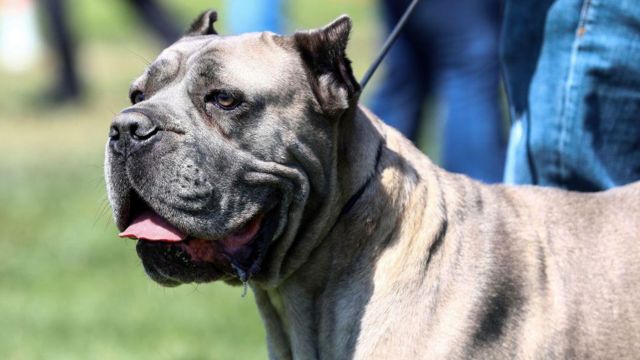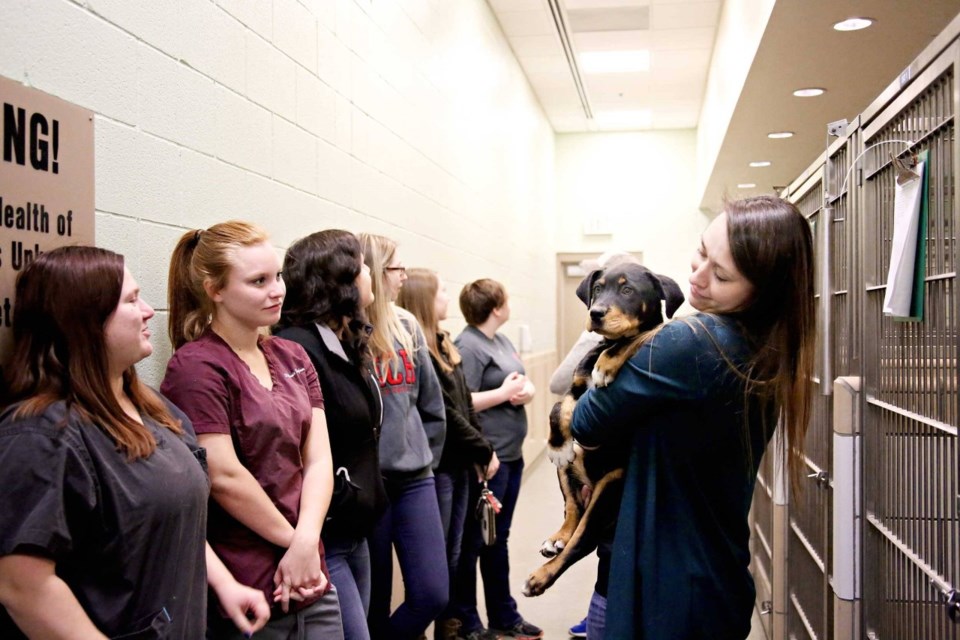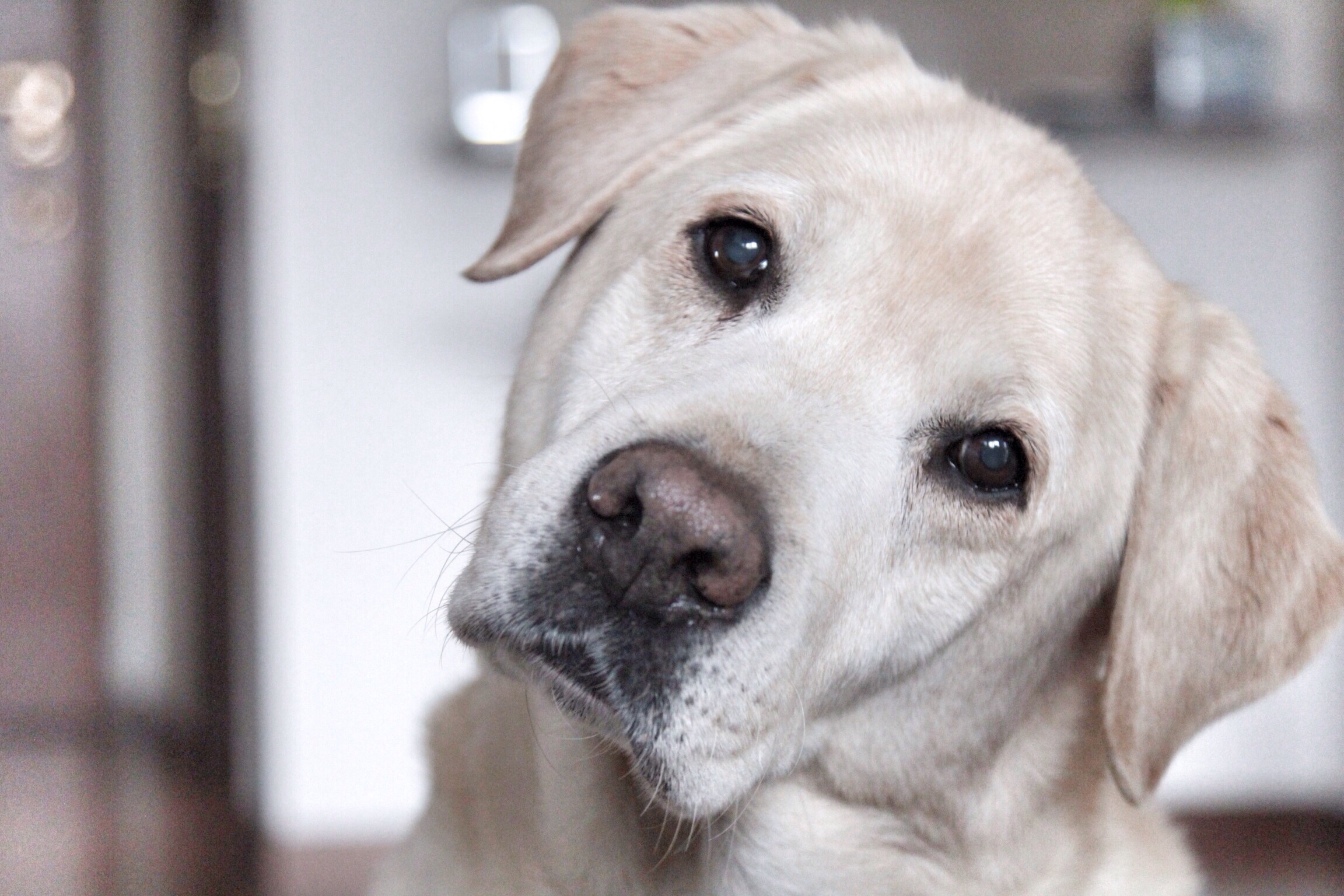A dog’s breed isn’t the main reason it acts the way it does : NPR


A border collie in northern England chases following a flock of sheep to herd them. A new study finds that only about 9{aa306df364483ed8c06b6842f2b7c3ab56b70d0f5156cbd2df60de6b4288a84f} of the variation in an personal dog’s conduct can be discussed by its breed.
Edwin Remsberg/Getty Visuals
hide caption
toggle caption
Edwin Remsberg/Getty Photos

A border collie in northern England chases immediately after a flock of sheep to herd them. A new analyze finds that only about 9{aa306df364483ed8c06b6842f2b7c3ab56b70d0f5156cbd2df60de6b4288a84f} of the variation in an individual dog’s actions can be explained by its breed.
Edwin Remsberg/Getty Illustrations or photos
Labrador retrievers fetch, border collies herd, huskies howl: It truly is regular wisdom that lots of pet dog breeds act in selected strategies for the reason that they’ve been bred to do so above the program of a lot of generations.
But a new examine to be printed Friday in the journal Science finds that though some pet behaviors are indeed linked with specific breeds, breed performs fewer of a role general than that traditional knowledge retains.
“We identified issues like German shorthaired pointers were being somewhat extra very likely to level, or golden retrievers ended up a little additional possible to retrieve, or huskies a lot more possible to howl, than the normal doggy inhabitants,” states Kathryn Lord, a researcher at the UMass Chan Clinical College and an creator of the analyze.
Scientists surveyed the owners of more than 18,000 canines and analyzed the DNA of about 2,100 animals to see if actual physical qualities and behaviors can be correlated with canine breeds.

Total, the examine identified that about 9{aa306df364483ed8c06b6842f2b7c3ab56b70d0f5156cbd2df60de6b4288a84f} of the variation in an particular person dog’s behavior can be discussed by its breed.
Border collies, for occasion, were being a lot more likely to be responsive to human way, a trait known as “biddability.” Homeowners of beagles, bloodhounds, coonhounds and Siberian huskies will not be astonished to find out that these breeds had a inclination to howl.
The exact was true of combined-breed puppies, the scientists located — the bigger the proportion of border collie in a mutt, the more responsive it was to human commands.
“From a genetic standpoint, that’s wonderful. That usually means there are genuine behavioral dissimilarities that are linked to breeds that we can go and research,” states Elinor Karlsson, a professor at UMass Chan Healthcare College and one more author of the research.
Why puppies may possibly not behave like many others of the exact breed
Throughout individual puppies of the same breed, the scientists observed enormous versions in behavior.
For instance, even though golden retrievers are, on the entire, a lot more probably to fetch than a lot of other pet dogs, there are loads of lazy goldens that sit and check out as their house owners fruitlessly toss tennis balls.
And no actions is special to any single breed, the scientists mentioned. German shorthaired tips are not the only dogs that position.

“Genetics make a difference, but genetics are a nudge in a supplied course. They’re not a destiny,” Evan MacLean, the director of the Arizona Canine Cognition Heart at the College of Arizona, who was not involved in the study, tells NPR. “We have recognized that for a very long time in human experiments, and this paper really implies that the identical is true for puppies.”
The most most likely clarification for the fairly very low correlation amongst actions and breed, the authors of the paper reported, is that a lot of present day canine breeds are comparatively new, in the evolutionary scope of things.
Arranged dog breeding, with kennel golf equipment and other teams that regulate bodily qualities and keep track of lineage, has existed in its latest type only since the mid-19th century.

By contrast, individuals have been assisting to condition doggy behaviors for hundreds of years, the researchers claimed — initial by providing valuable puppies food stuff and shelter, hence letting them to much more effortlessly have puppies, and then later on by deliberately breeding.
“The point about intricate features is that picking out on them can take time,” Karlsson suggests. “And so the idea that they have been produced in the previous 160 years when these breeds arrived up didn’t make any perception.”
Dog entrepreneurs have been a huge help in the review
To create their knowledge established, the scientists established up a internet site named Darwin’s Ark that enables puppy proprietors to upload facts about their puppies and reply inquiries, both about physical traits — how tall their canine is, how lengthy its fur is — and about their dogs’ actions: Do they shake toys? Do they prevent getting wet? Do they howl?

The study’s reliance on owner surveys is equally fantastic and undesirable, states MacLean of the College of Arizona.
On the just one hand, proprietor surveys make it possible for for huge sample sizes — properly over 18,000 study responses in this case — but on the other, the information collected from surveys is pretty much always much less reputable than final results from a laboratory natural environment, he says.
“We like to set dogs in a situation that we can command and we can administer in the very same way to each and every dog, and be a tiny bit extra goal about the behavior that we see,” MacLean claims.
The researchers say they hope the paper can support aspiring pet dog house owners change their mindsets about how to choose a pet.

“I really don’t consider that we should really seriously be determining that breeds are the points that will notify us no matter if we will be pleased with a puppy or regardless of whether a pet will be satisfied with us,” says Marjie Alonso, a further of the study’s authors and government director of the IAABC Foundation, an animal schooling organization.
As an alternative, she implies that possible owners make a list of what they’d like to do with a doggy and then try to obtain a dog that satisfies those desires.
“We do have to take that our canines are people today. Every dog is a analyze of one particular,” she claims. “We want to accept our pet dogs for who they are.”





